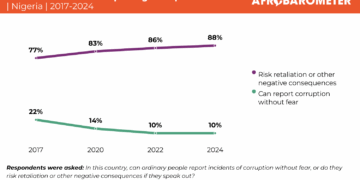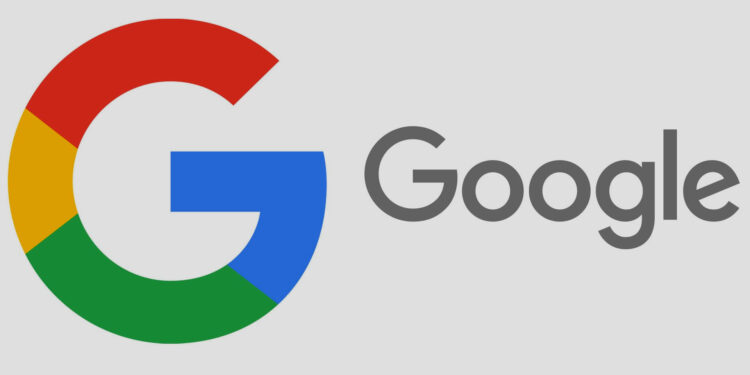By John Ikani
The US government is considering forcing Google to sell off parts of its business, potentially reshaping how Americans search the web. This move comes after a judge ruled in August that Google’s dominance in online search was illegal.
The Justice Department argues Google uses its Chrome browser and Android operating system to unfairly maintain its search monopoly. They propose solutions that could shrink Google’s revenue and create a more level playing field for competitors.
“Fixing this problem requires not just stopping Google’s control today, but making sure it can’t dominate the future of search,” stated the Justice Department.
These proposed fixes aim to prevent Google’s past dominance from spilling over into the growing field of artificial intelligence (AI). Additionally, the government might ask the court to end Google’s practice of paying companies to make its search engine the default on new devices.
Google, which plans to appeal the ruling, argues these proposals are extreme and unnecessary. They claim their search engine is popular because of its quality and competition exists from companies like Amazon. Users also have the option to choose another search engine, Google says.
Mounting Pressure
Facing intense legal scrutiny, Google, valued at over $2 trillion, is increasingly under pressure from competitors and antitrust regulators. A separate case recently ruled that Google must allow competing app stores on its lucrative Android platform. Additionally, the Justice Department is pursuing a case targeting Google’s web advertising business.
To prevent Google’s dominance from spreading to AI, the Justice Department might require Google to share its search and AI models, data, and indexes with competitors. They might also seek to limit Google’s ability to restrict access to web content for other AI competitors and allow websites to opt out of having their content used for Google’s AI models.
Google argues these AI-related proposals could stifle innovation in the industry. “Government intervention in this crucial sector risks skewing investments, hindering new business models, and hurting the very growth we need,” Google warned.
The Justice Department is expected to submit a detailed proposal to the court by November 20th. Google will then have a chance to propose its own remedies by December 20th.
A Major Win for Antitrust
This ruling by US District Judge Amit Mehta represents a significant victory for antitrust enforcers who have been targeting Big Tech companies in recent years. The US government has also filed lawsuits against Meta Platforms, Amazon, and Apple, alleging they maintain illegal monopolies.
Some of the Justice Department’s ideas for breaking up Google have received support from competitors like Yelp and DuckDuckGo, a rival search engine. Yelp argues that spinning off Chrome and AI services should be considered, alongside preventing Google from favoring its own local business listings in search results.
While Google is unlikely to face a breakup order in Europe before the current antitrust chief steps down next month, pressure is mounting to expedite the EU investigation.
While considering an order to end Google’s anti-competitive practices in advertising, a break-up order is deemed unlikely. Earlier this year, Google’s attempt to settle the EU investigation by selling its AdX advertising marketplace was rejected by European publishers as insufficient.


































